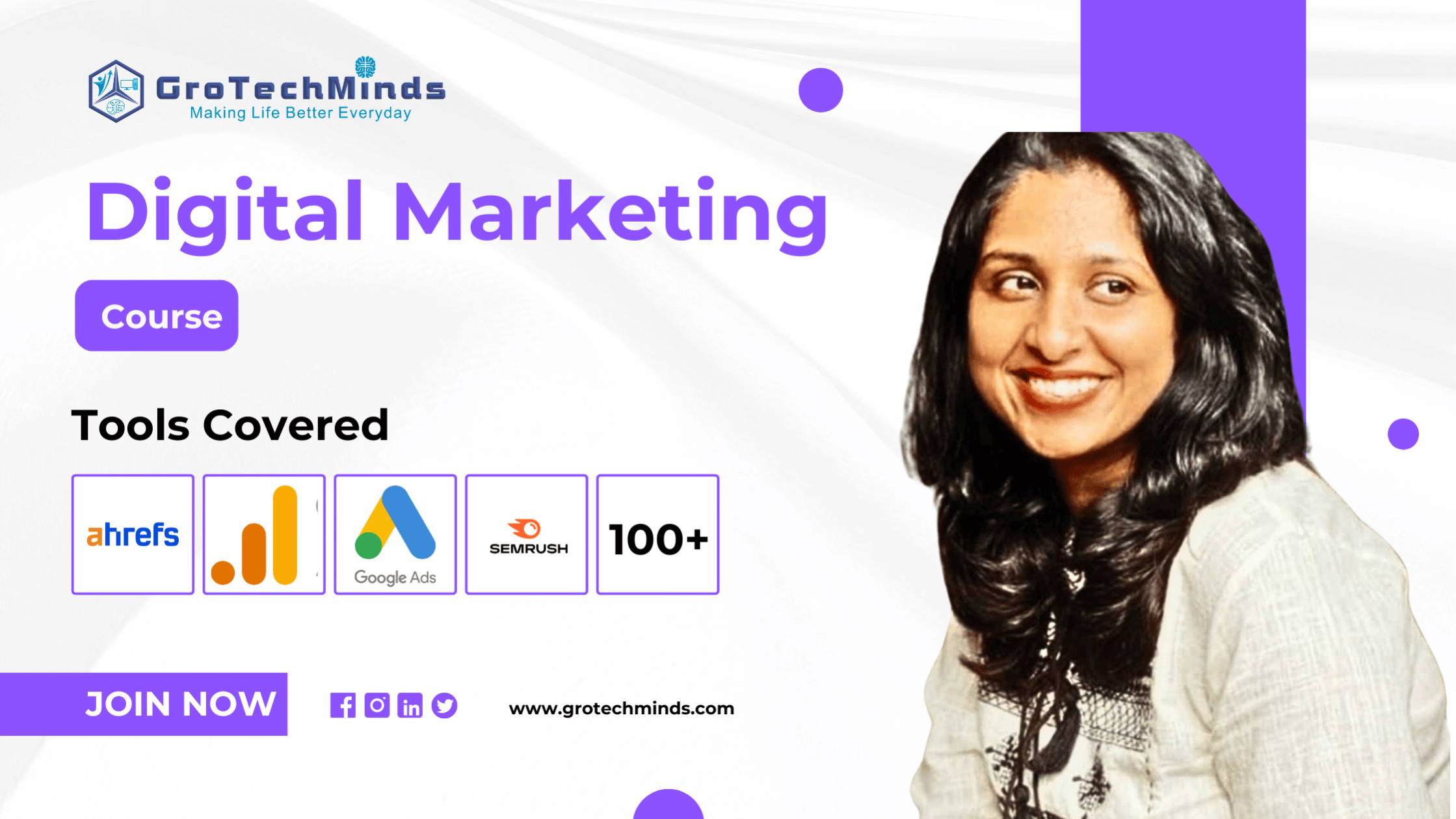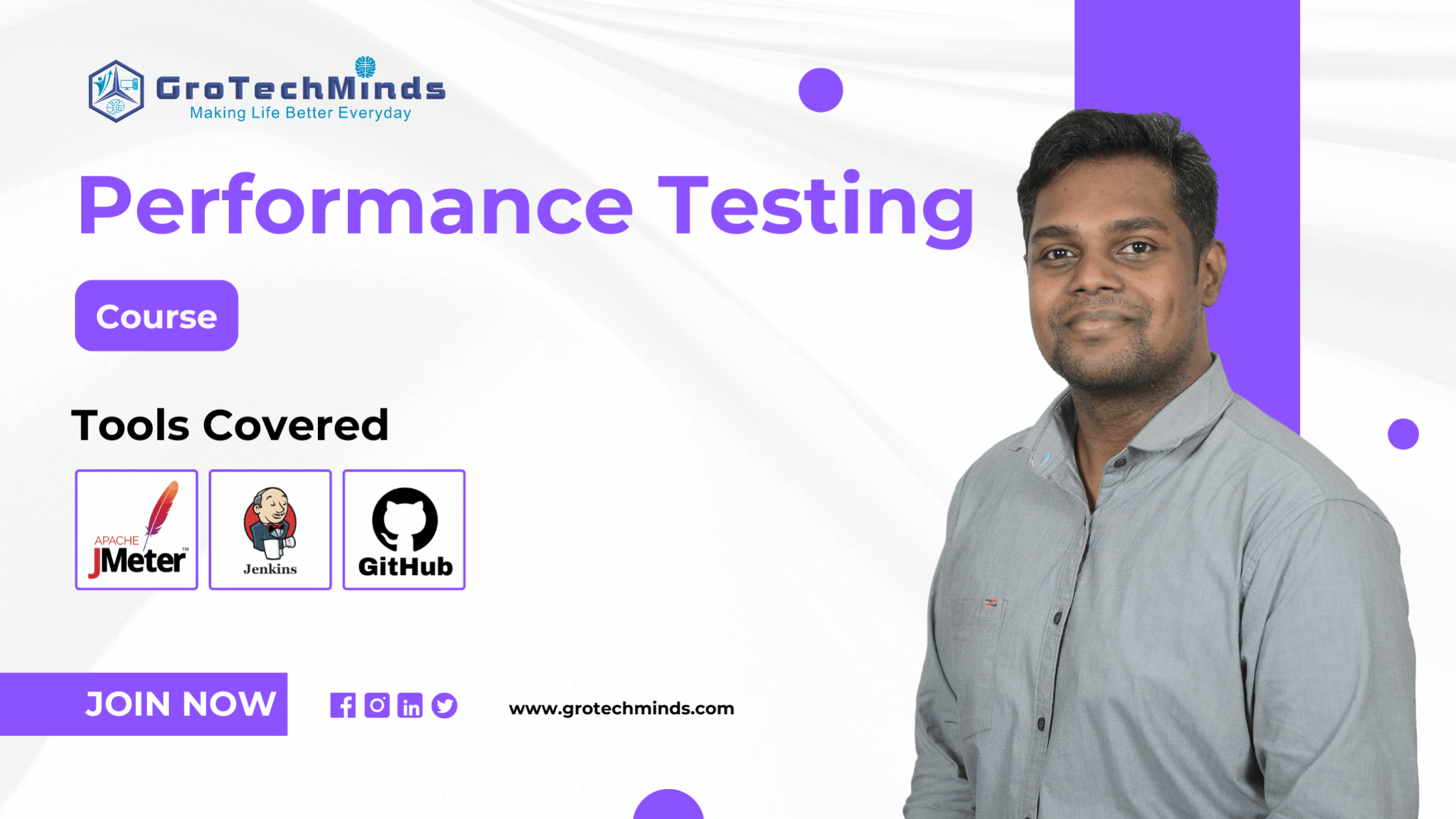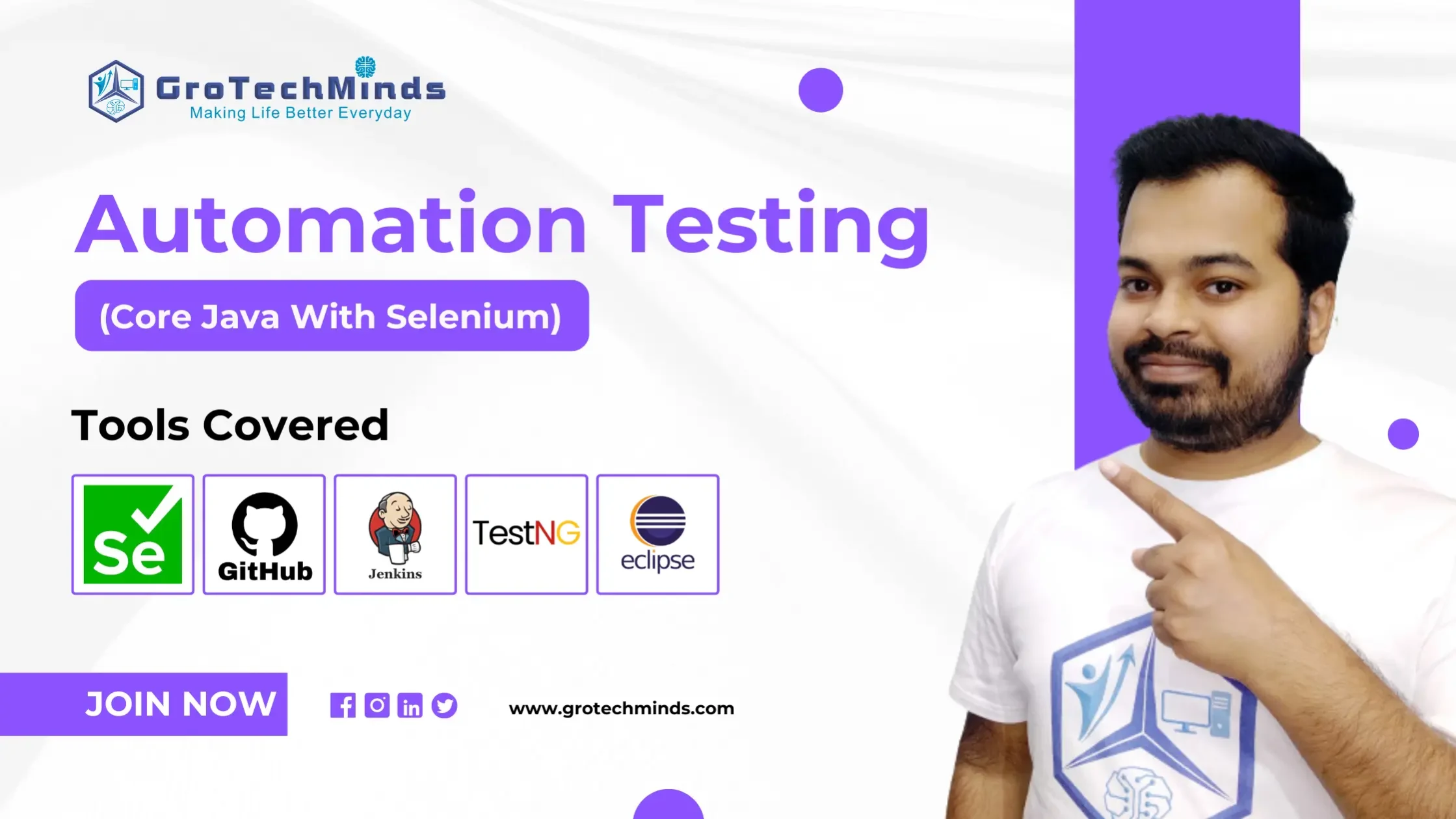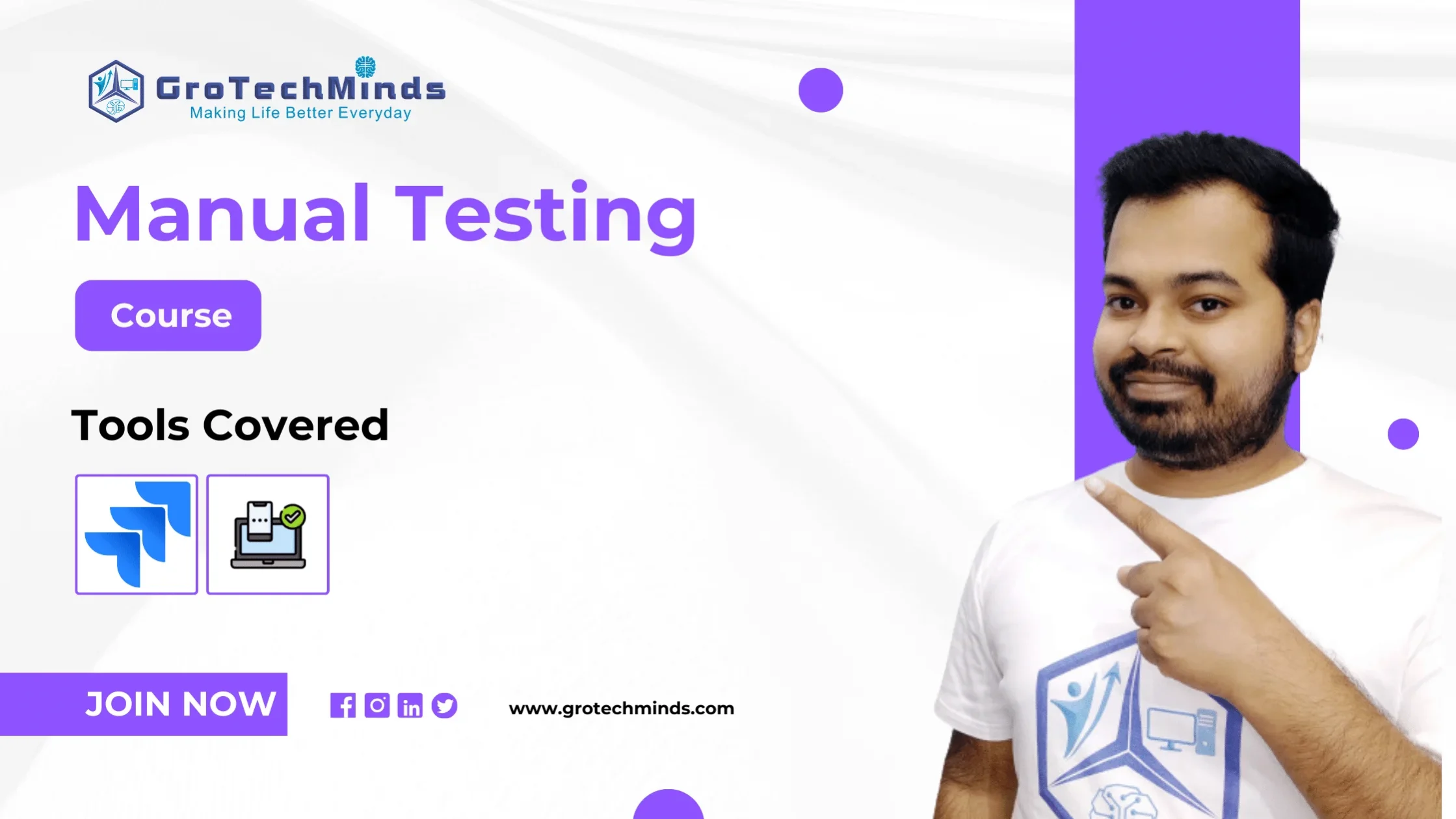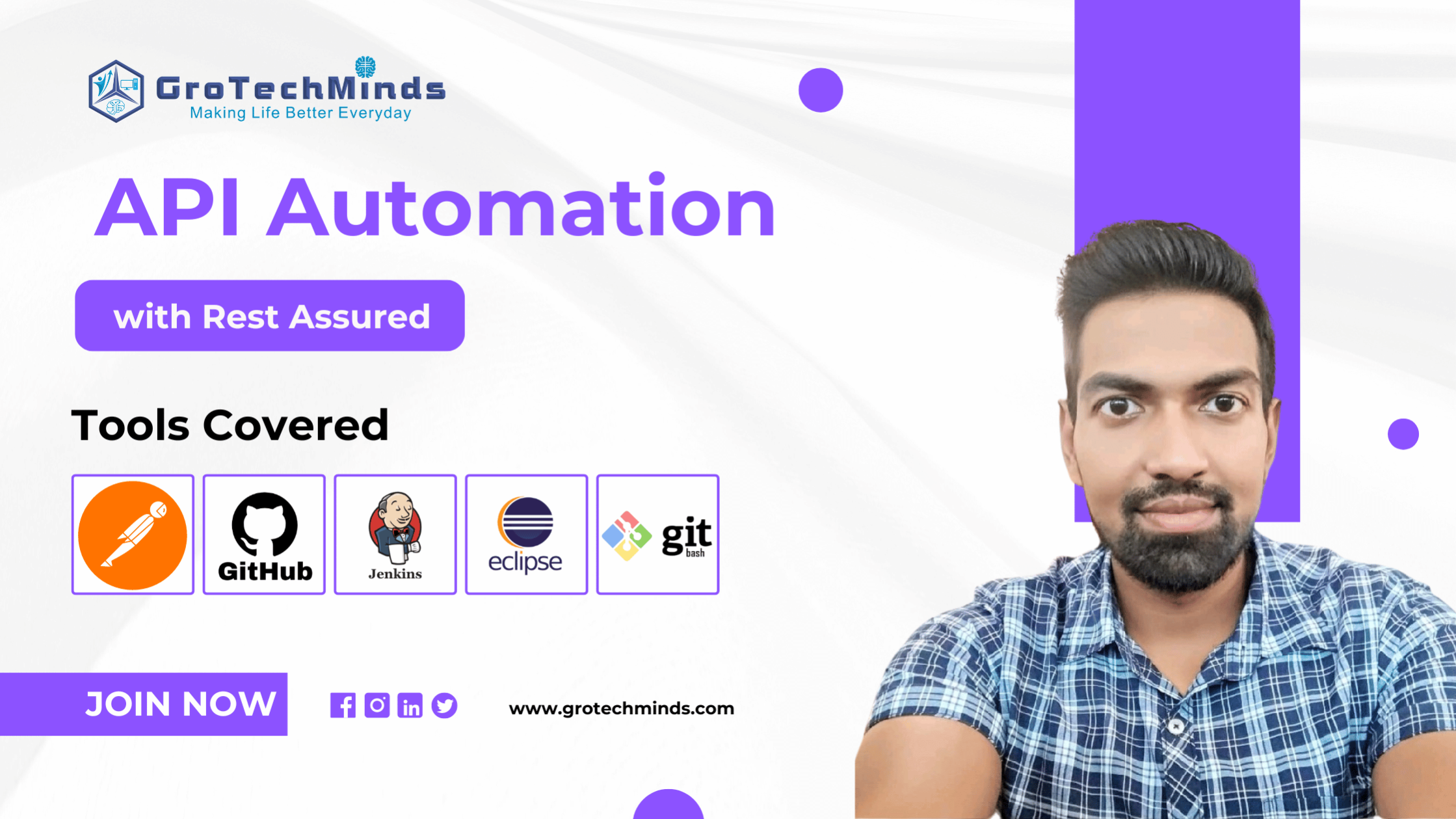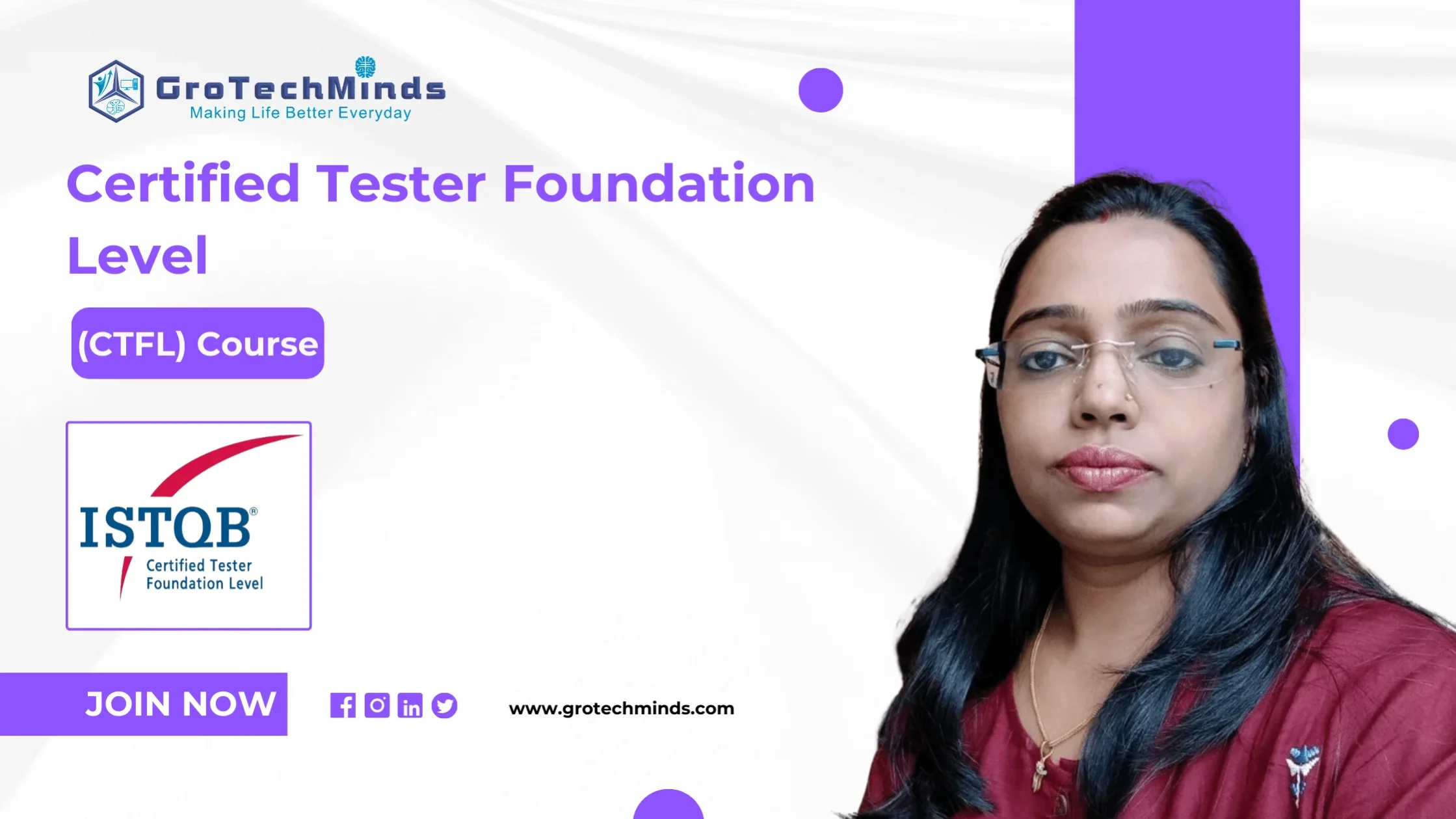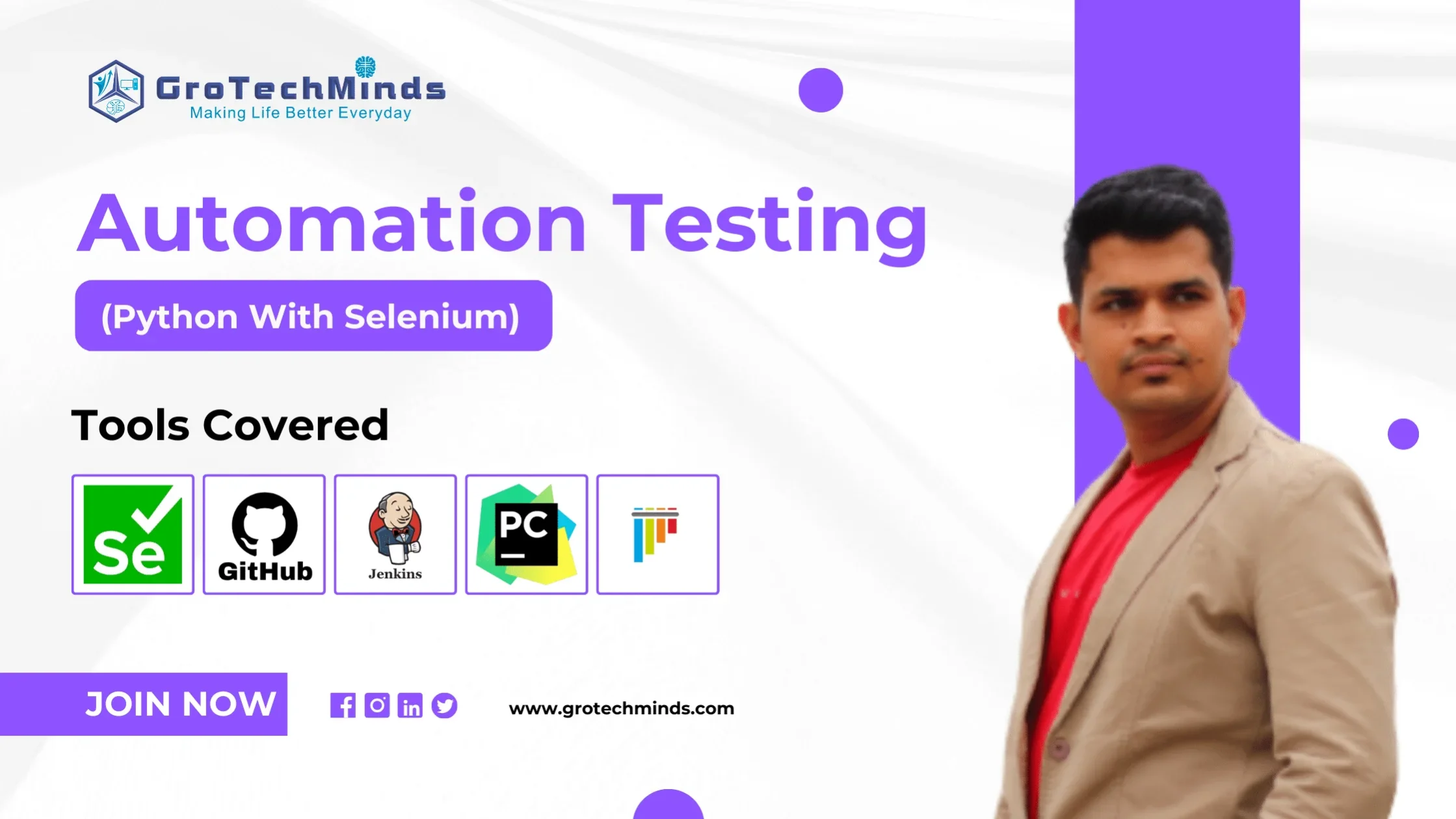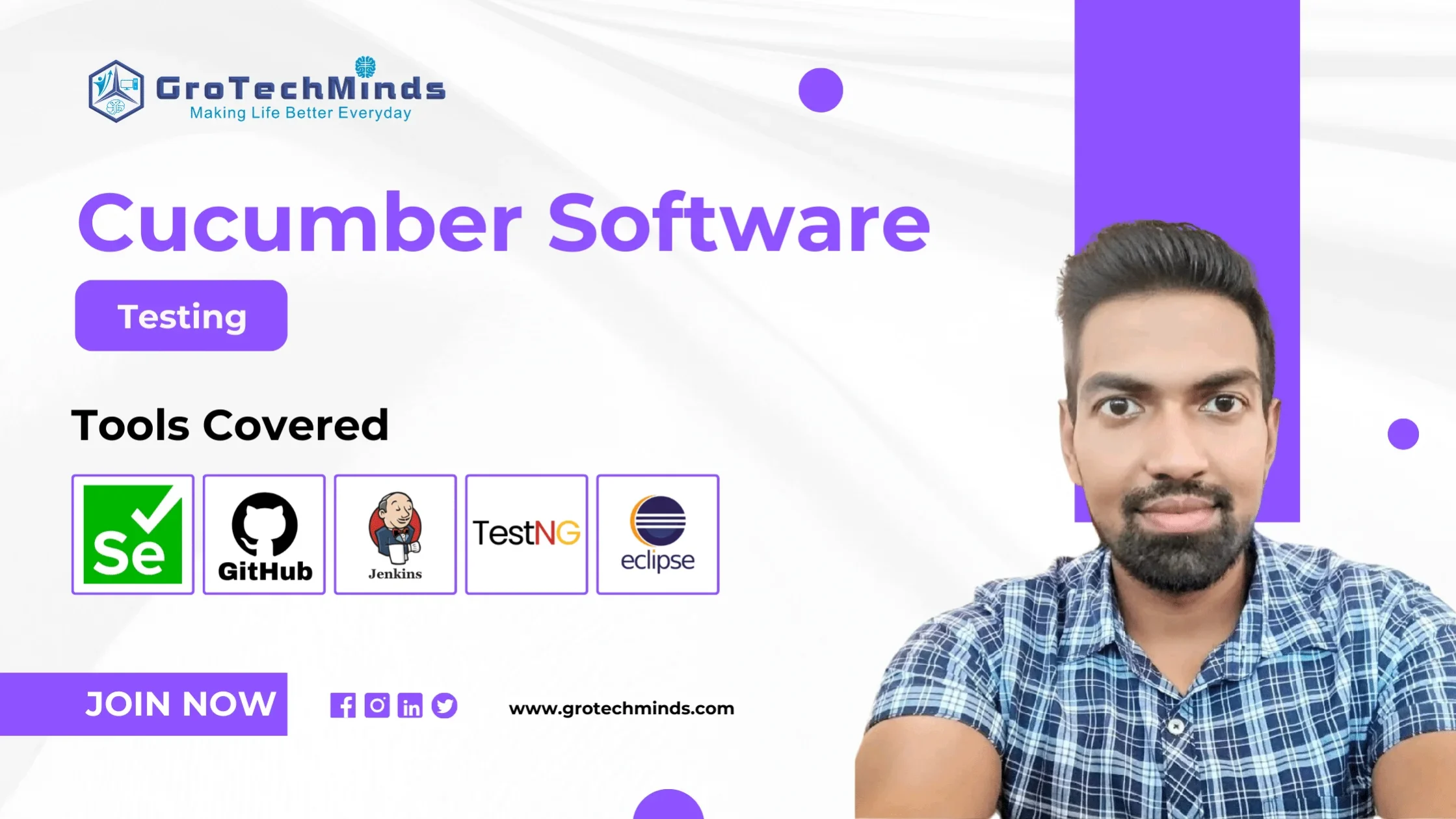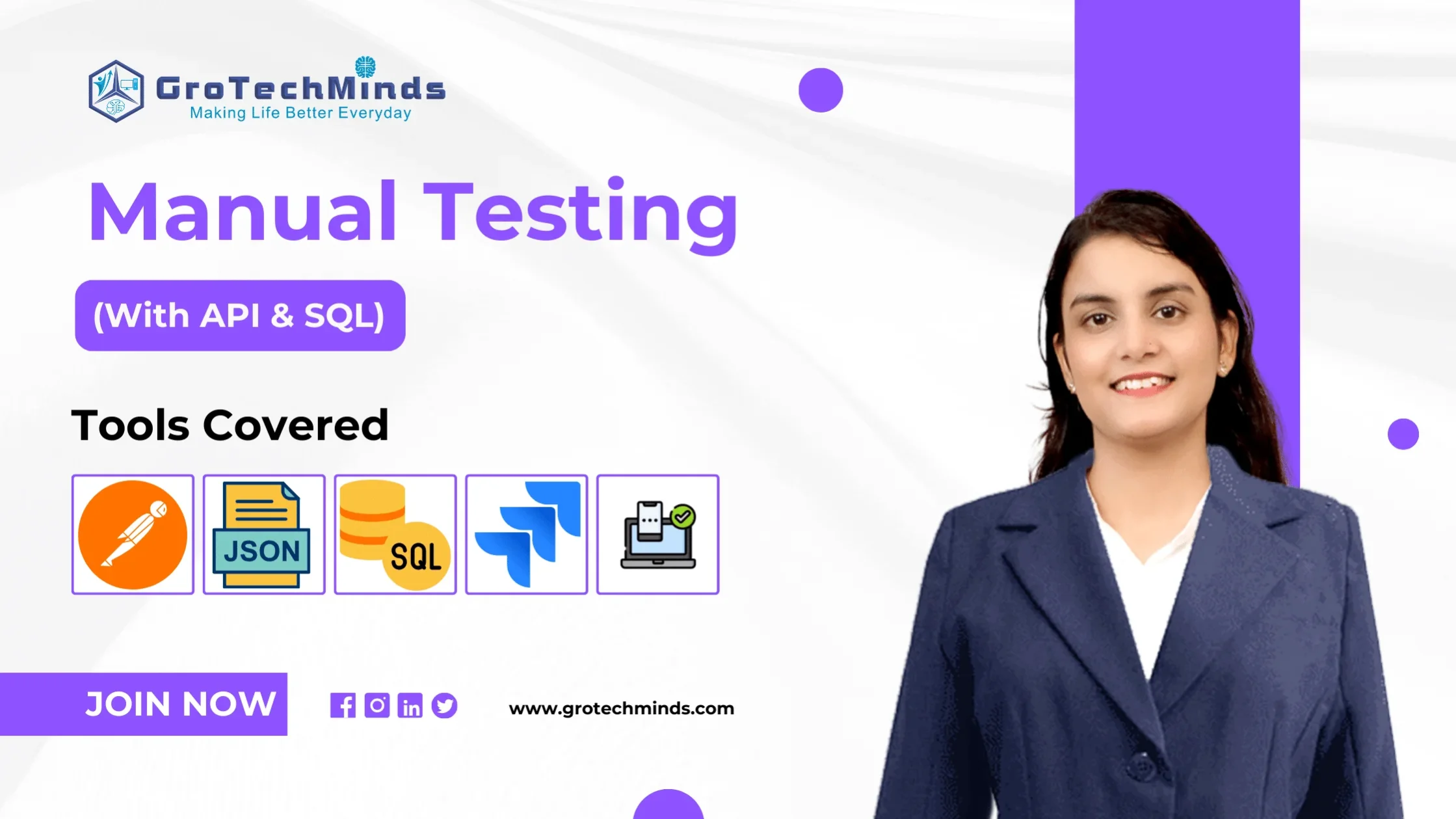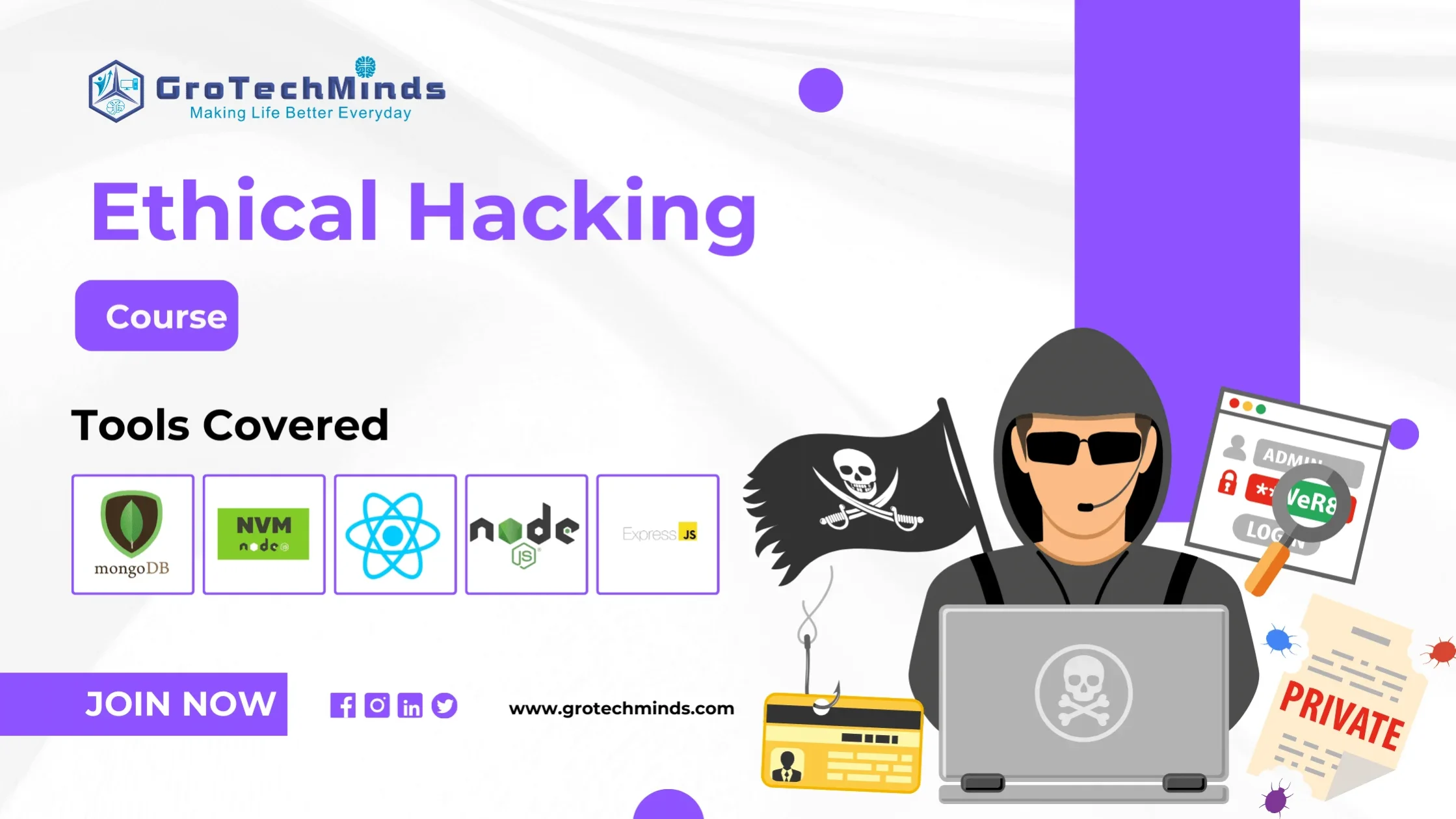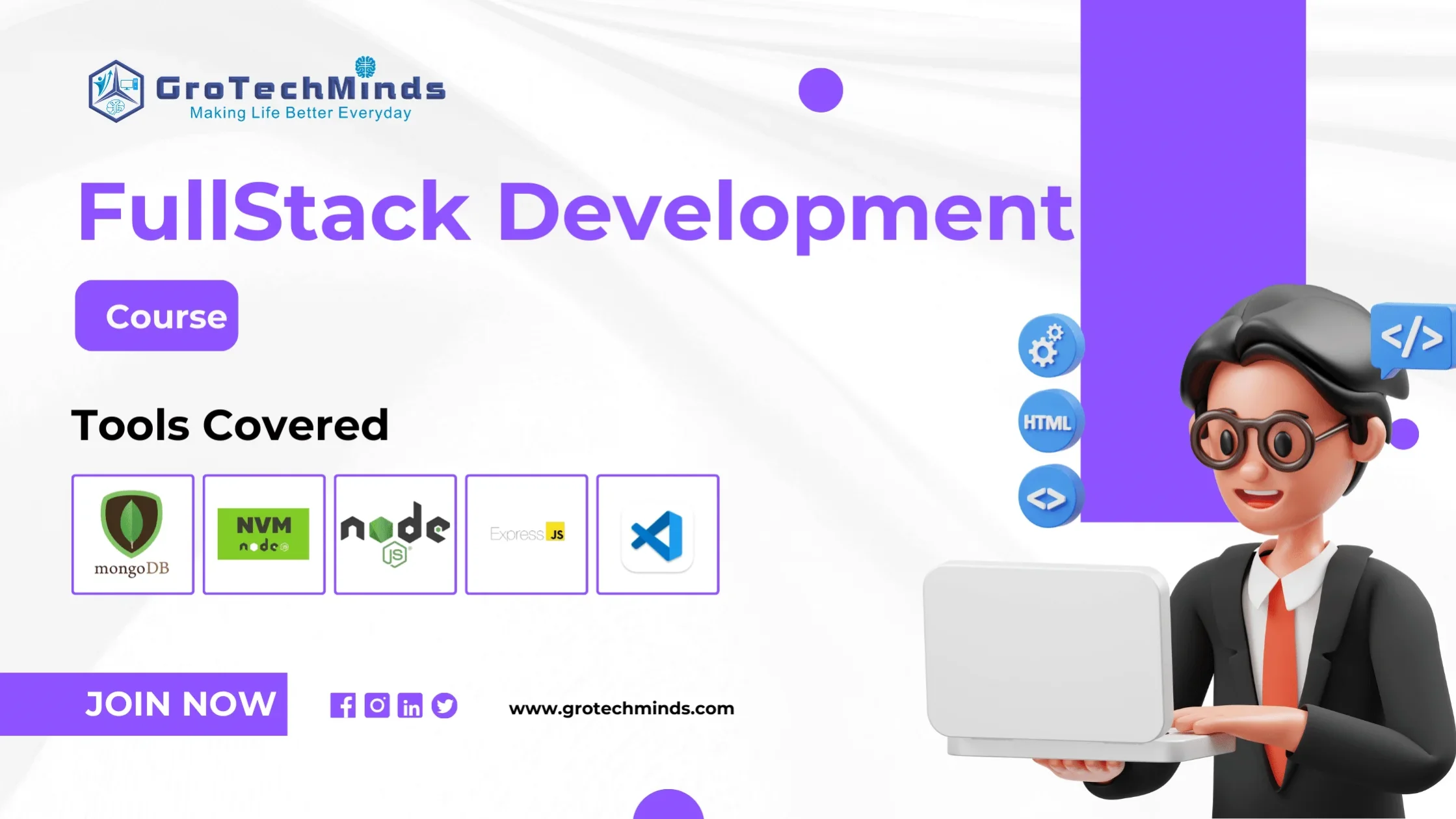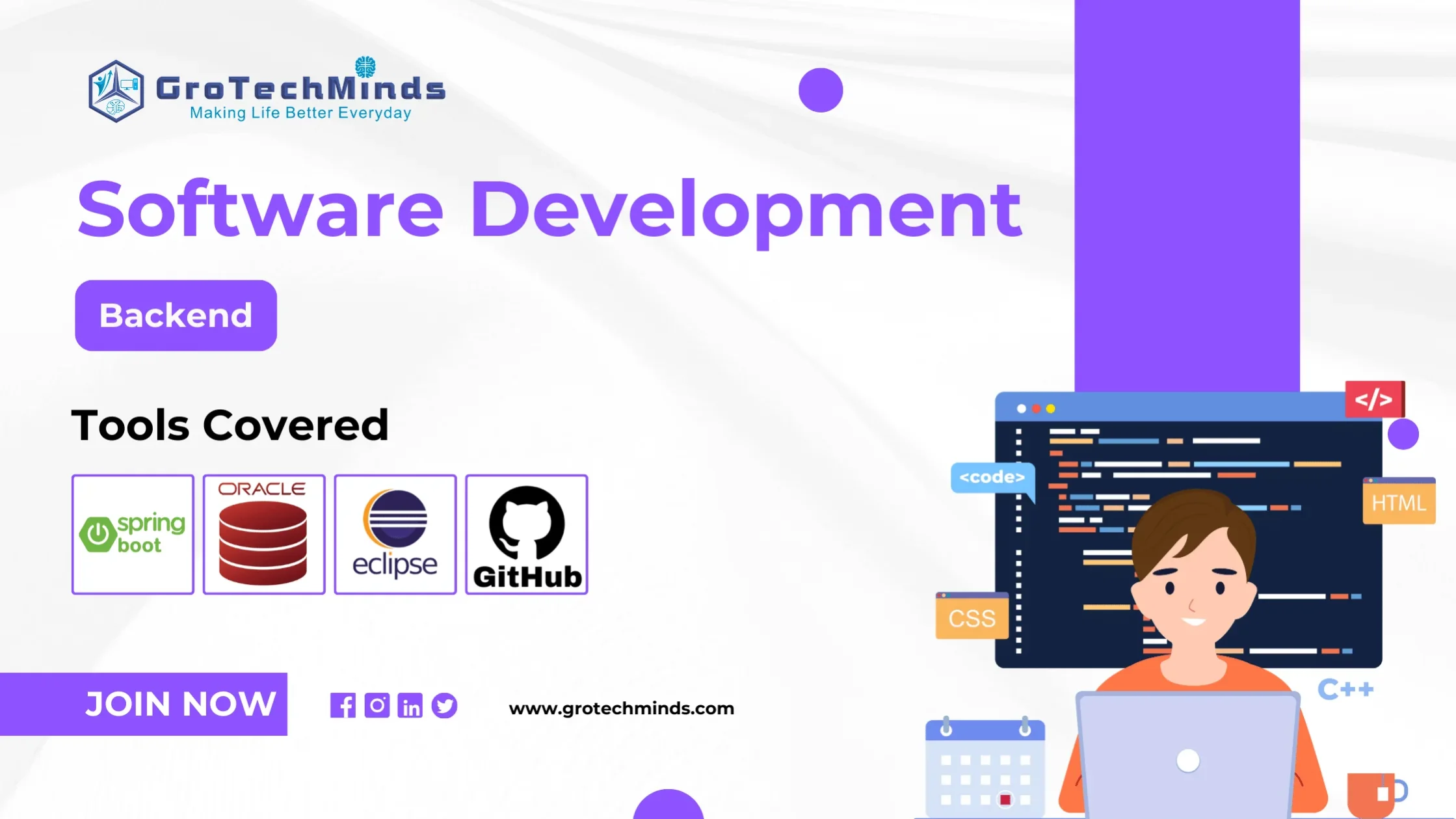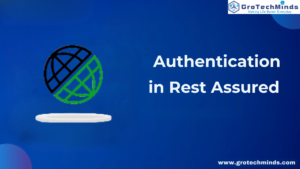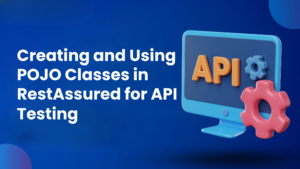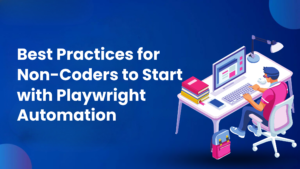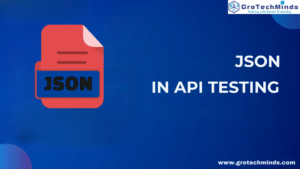
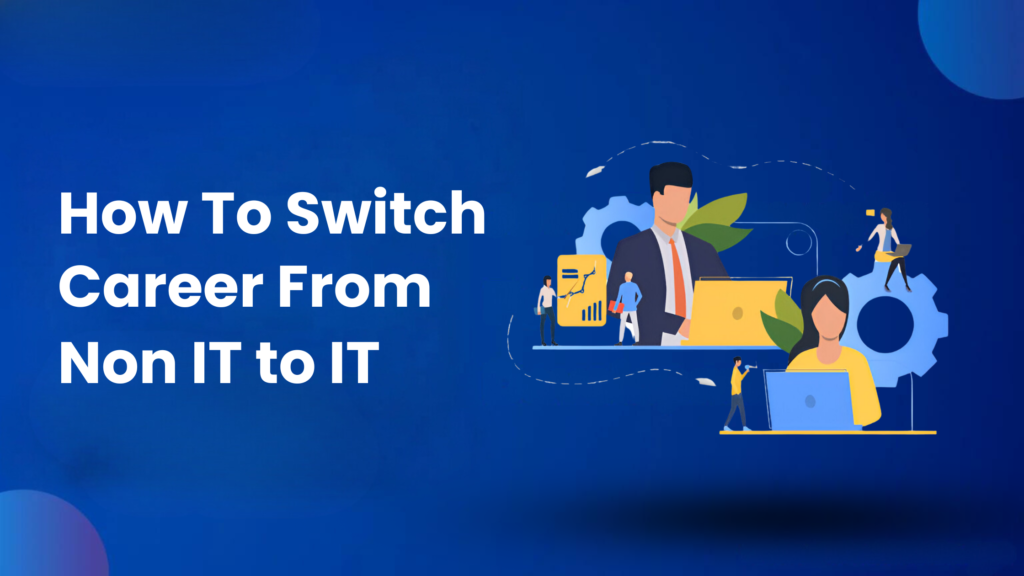
How to switch your career from Non-IT to IT?
Changing careers from a non-IT background to the IT industry can be an interesting and rewarding experience. With the rapid growth of technology, there is an increased demand for experienced IT experts in a variety of fields. However, attaining this change requires significant thought and planning. In this post, we will look at the key factors to consider before making the crossover from non-IT to IT careers, as well as share valuable insights to assist you make the shift successfully.
Switching from a non-IT field to IT provides several opportunities for personal and professional development. The IT industry includes a wide range of jobs, including software development, data analysis, cybersecurity, cloud computing, and others. Transitioning to an IT career allows you to apply your present skills and interests while learning new ones in a fast-paced and dynamic field.
Before diving headfirst into an IT career, it’s important to consider the following factors:
- Skills Assessment: Review your existing skill set and identify any gaps that should be filled. While some skills, like problem-solving abilities or project management expertise, are transferable, others might require specialised technical knowledge.
- Computer Fundamentals: Building a solid foundation in computer fundamentals is necessary to succeed in the IT sector. Get to know yourself with terms like operating systems, networks, databases, and algorithms.
- Building Practical Experience: Gain practical experience by working on projects that show your technical ability. This could include developing websites or applications, completing coding challenges, or contributing to open-source projects.
- Relevant Certifications: Obtain qualifications that are appropriate for your chosen IT career. Certifications not only increase your credibility, but also reflect your commitment to lifelong learning.
By carefully considering these key factors and taking proactive steps towards building your skills and knowledge base, you can set yourself up for a successful transition from a non-IT background to a fulfilling career in the IT industry.
When transitioning from a non-tech background to the IT industry, it is crucial to assess your current skill set and identify any gaps that need to be filled. Here are some talking points to consider:
Begin by reviewing the skills you’ve obtained in your non-IT profession. Look for transferable talents including problem solving, analytical thinking, and project management. These abilities might be useful in the IT industry as well.
Computer rules are the foundation for any IT job. Operating systems, networks, databases, and software development processes are all vital concepts to understand. If you lack knowledge in these areas, you might consider taking online classes or attending workshops to improve your understanding.
Practical experience is highly valuable in the IT business. Working on own projects or contributing to open-source projects is a great method to obtain practical expertise. Building projects allow you to apply your theoretical knowledge while also showing your technical ability to future employers.
Remember that switching to an IT career needs ongoing learning and adaptability to new technology. Keep an open mind while assessing your abilities and interests, and be eager to learn new things.
To successfully transfer from a non-IT career to the IT industry, you have to first acquire the requisite knowledge and expertise. This section will go over two main topics: gaining applicable certifications and mastering programming languages required for IT employment.
Obtaining IT certifications not only improves your authority, but also displays your dedication to lifelong learning. Here are some prominent certifications that can help improve your job in IT.
This certification validates your foundational knowledge of computer hardware, software, networking, and troubleshooting.
This certification focuses on networking fundamentals, including routing, switching, and network security.
Microsoft offers various certifications, such as Microsoft Certified Azure Fundamentals and Microsoft Certified Solutions Associate (MCSA), which validate your expertise in specific Microsoft technologies.
While not specific to IT, this certification is highly valued in many industries and can be beneficial if you plan to work on IT projects.
This certification demonstrates your expertise in designing and deploying scalable systems on the Amazon Web Services (AWS) platform.
Proficiency in programming languages is essential for many roles in the IT industry. Here are some widely used languages you should consider learning:
- Python: Python, known for its simplicity and adaptability, is widely used in fields such as web development, data analysis, artificial intelligence, and automation.
- Java: Java is a popular programming language for developing enterprise-level programs, Android apps, and large-scale systems.
- JavaScript: If you’re interested in web development or front-end engineering, learning JavaScript is crucial as it enables dynamic website functionality.
- C#: Developed by Microsoft, C# is commonly used for developing Windows applications, game development, and building software for the .NET framework.
- SQL: SQL as a database management and modification language, is necessary if you’re interested in database administration or data analytics.
Remember, gaining knowledge and experience in IT is an ongoing process. Continuously updating your skills, exploring new technologies, and staying up-to-date with industry trends will help you thrive in your IT career.
When switching to an IT job, it’s important to choose a path that aligns with your skills and interests. Here are some important things to consider.
Connecting with professionals is one of the most effective ways to get knowledge and opportunities in the IT sector. Here’s how you can do it
- Attend industry events
- Join online communities
- Connect with experts through platforms like LinkedIn
Engaging with professionals can provide useful insights into different facets of IT, allowing you to make more educated career decisions.
The field of IT offers a wide range of areas to specialise in. Here are some examples:
- Software development
- Software Testing
- Cybersecurity
- Data analysis
- Cloud computing
- Artificial intelligence
Take the time to look into these topics and choose which ones match your interests and goals. This can help you understand their growth potential, career opportunities, and the abilities needed for each.
By networking with professionals and exploring different areas, you can gain a clearer picture of where you want to focus your efforts within the IT industry. Remember that each area has its unique challenges and opportunities, so it’s important to choose one that excites you and aligns with your long-term career goals.
When shifting to an IT field, it is essential to create an appealing tech CV that sticks out to potential employers. Your CV should include relevant abilities, projects, and experiences that show your potential in the sector. Here are some important elements to consider when building your technical CV for IT job applications.
- Highlight Technical Skills: Focus your understanding of programming languages, software tools, and technical skills required for IT positions. Provide specific examples of projects or campaigns in which you used these talents effectively.
- Showcase Projects and Contributions: Describe any IT-related projects, freelance work, or contributions to open-source initiatives that show your practical knowledge and problem-solving talents. Provide information on the technologies used and the impact of your effort.
- Quantify Achievements: Use metrics to demonstrate the effectiveness of your technological efforts. Quantifiable achievements, whether they be optimising system speed, improving user experience, or adding security measures, can help your resume stand out.
- Tailor to Job Descriptions: Customise your resume for each IT job application by matching your skills and expertise to the job description’s particular needs. This personalised strategy improves the relevancy of your resume and boosts your chances of being seen by companies.
- Professional Development and Certifications: Highlight any relevant qualifications, courses, or professional development activities that show your commitment to ongoing learning and skill development in the IT field.
Creating a tech CV that properly expresses your technical skills and love for IT will significantly boost your chances during the career transition process.
Transitioning from a non-IT background to IT may present a number of challenges, but with the correct methods, you may effectively negotiate this career change. Here are some important issues to consider.
- Identify Potential Obstacles:Recognize all of the issues you may face, such as a lack of relevant expertise, inexperience with IT systems, or adjusting to a new workplace.
- Continuous Learning: Embrace a mindset of continuous learning to stay updated with the latest trends and technologies in the IT industry. This will help you adapt more effectively to the demands of your new career.
- Seek Mentorship and Guidance: Connect with experienced IT professionals who can offer useful insights and help as you navigate this shift. Their mentorship can provide useful advice and support.
- Networking: Develop a solid professional network in the IT business. Networking can lead to possibilities for learning, collaboration, and ultimate job placement.
- Resilience and Perseverance: Understand that the transition may not always be seamless. Maintain your mental toughness in the face of setbacks or rejections, keeping your sights set on your ultimate goal.
By proactively addressing these challenges, you can ease the process of transitioning to an IT career and set yourself up for success in this new field.
Continuous learning is a must for a successful career in the IT sector. Professionals must stay up to date on the newest breakthroughs and trends in technology, which is continually developing. By incorporating continual learning into your career journey, you can
- Stay ahead of technological advancements
- Develop a growth mindset
- Explore diverse learning resources
- Specialise in emerging technologies
The IT industry continues to change, with new technology and working methods appearing all the time. By consistently developing your skills and remaining current with industry trends, you can position yourself as a valuable asset to companies while also adjusting to changing employment requirements.
Accepting continual learning fosters a growth attitude, which is important in the IT profession. This mindset allows you to face obstacles with resilience and an openness to learning from mistakes. A growth mentality might help you stand out in an industry that values problem solving and innovation.
Traditional educational programs and certificates are useful, but there are many other resources available for tech professionals to learn from.
- Online courses
- Webinars
- Tech forums
- Industry events
Connecting with these broad learning materials exposes you to a variety of perspectives and keeps your knowledge current. It’s important to get outside of your comfort zone and look for fresh ways to learn.
Continuous learning allows you to look into emerging IT topics such as artificial intelligence, cybersecurity, cloud computing, and data science. By specialising in these emerging subjects, you can broaden your knowledge and become highly sought after in the employment market.
By adopting continuous learning, you not only adapt to the ever-changing technological landscape, but you also show your dedication to professional development and success in the IT area.
Transitioning to a job in IT may be overwhelming, but with dedication and the appropriate strategy, it is possible. To remain profitable, accept continual learning and keep up with current industry trends. Network with professionals and get help to explore various IT domains that correspond with your interests. Remember, it’s never too late to change careers, and your commitment to developing technical skills will pave the path for a smooth transition. Best wishes on your way to a productive IT profession!
Our Software Testing courses are designed to deliver you full training and hands-on experience. We offer the ideal program for you, whether you choose Manual testing, which focuses on assuring software quality through human intervention, or Automation Software Testing Course, which employs technologies to conduct pre-scripted tests. For those wishing to specialize further, our Automation Testing with Selenium course covers everything from the fundamentals to advanced ideas, allowing you to become skilled in one of the most extensively used tools in the business.
Also read:
Consult Us

